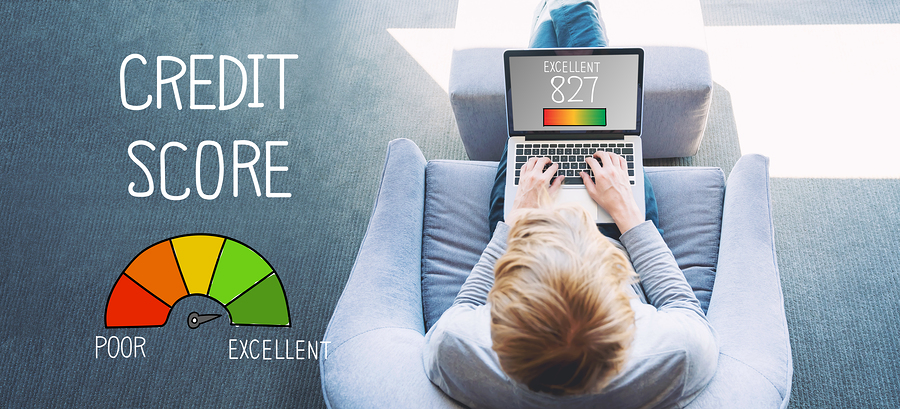Maybe you’re in the habit of reviewing your credit report often. Or maybe you can’t remember the last time you took a closer look.
Regardless of what’s happened in the past, it’s important to turn your attention to the future. This allows you to keep your credit report in order, which can help you on many fronts.
Here are some of the most common questions associated with credit reports:

1. Who can review my credit report?
You have the right to request access to your credit report. However, you’re not the only one.
For example, these organizations may be allowed to pull your credit: creditors, banks, lenders, potential landlords, collection agencies, insurance companies, the government, and potential employers.
The one thing you need to remember is this: you have to give these organizations permission to pull your credit.
2. What is an open and closed account?
This is exactly what it sounds like.
An open account is one that you’re able to use. So, for example, if you have an open credit card account, the card is still active and you can use it to make purchases.
Conversely, a closed account is one that you no longer have access to. Either you or the company have closed it for some reason.
After you close an account, check your credit report to ensure that it’s designated as such.
3. Does a credit report include a credit score?
Many people believe that a credit report will include their credit score, but that’s not true. If you want to review your score, you’ll need to use a free online service or pay for it through one of the three major credit bureaus.
You don’t have to check your credit report regularly, but you should do so once or twice a year. This will help you better understand your situation, including if you need to take action.
Tip: if you apply for a loan, such as when buying a vehicle, the lender should provide you with documentation that displays your credit score.
4. Is it possible to dispute an inaccuracy?
Don’t assume that your credit report is 100 percent accurate. In fact, you should assume that there’s at least one mistake. This will keep you on your toes.
If you find an error, immediately contact the appropriate credit bureau. List out the errors, as well as any information to back up your claim. The more evidence you have, the better.
5. Does a credit report show identity theft?
In an overall sense, no, your credit report doesn’t say “you’ve been a victim of identity theft.”
However, it can raise suspicions. For instance, if you see several accounts that you didn’t open, there’s a chance that someone did so without your permission.
Final Thoughts
These are just some of the many questions you may have about your credit report.
As you answer these questions, while also reviewing your report every now and again, you’ll gain knowledge that can help keep your finances safe.

